How books can defeat Isis: Patrick Cockburn was able to update his agenda-setting 'The Rise of Islamic State' while under attack in Baghdad
As Islamic State struck with brutal speed last year, the world dawdled in response, hampered in its understanding of a complex enemy by a news media fixated on by-the-minute updates and a publishing industry whose lethargic pace means in-depth analysis is rendered historic by time of publication. Yet, says Patrick Cockburn, there is another way...
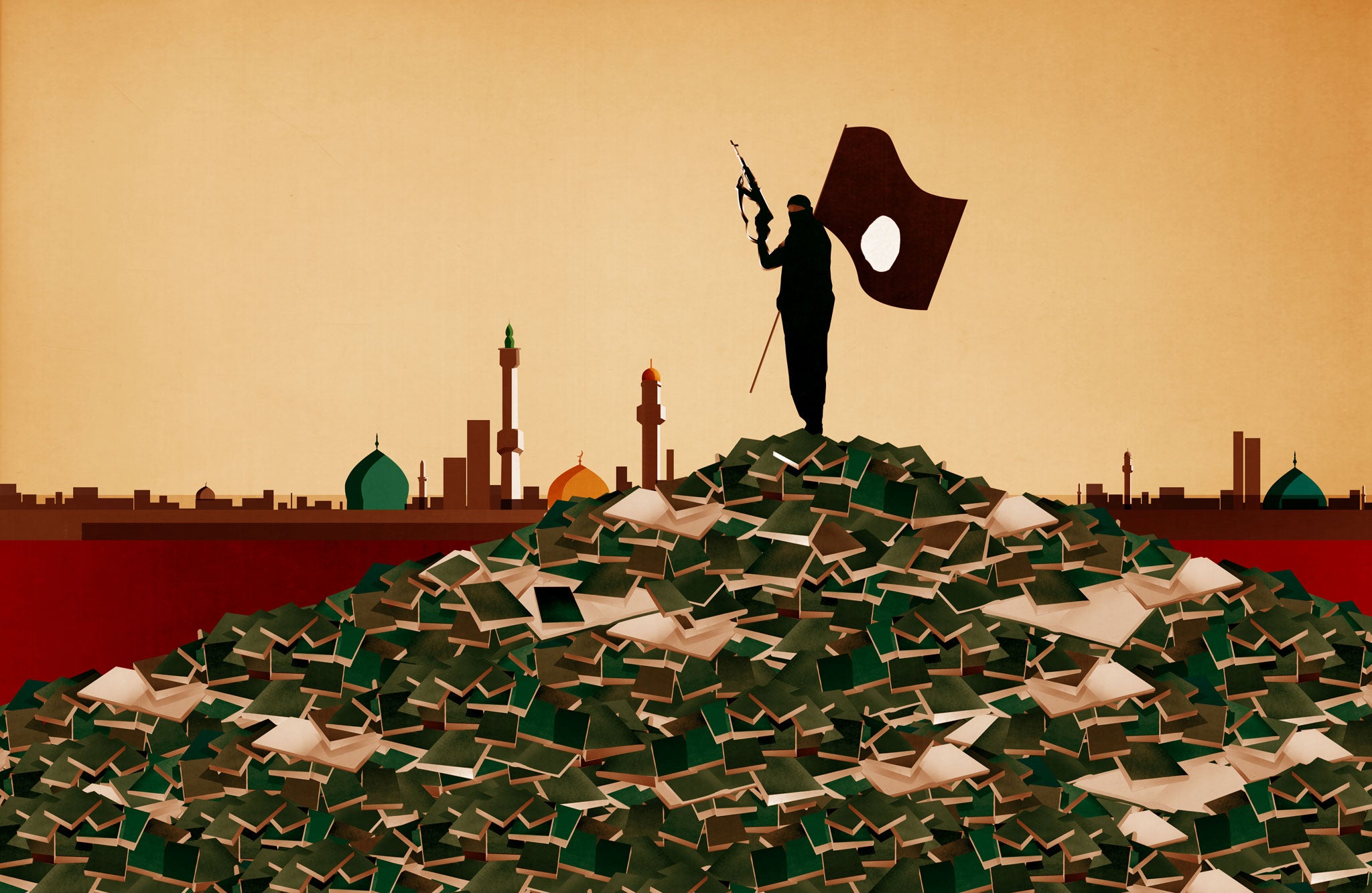
Your support helps us to tell the story
From reproductive rights to climate change to Big Tech, The Independent is on the ground when the story is developing. Whether it's investigating the financials of Elon Musk's pro-Trump PAC or producing our latest documentary, 'The A Word', which shines a light on the American women fighting for reproductive rights, we know how important it is to parse out the facts from the messaging.
At such a critical moment in US history, we need reporters on the ground. Your donation allows us to keep sending journalists to speak to both sides of the story.
The Independent is trusted by Americans across the entire political spectrum. And unlike many other quality news outlets, we choose not to lock Americans out of our reporting and analysis with paywalls. We believe quality journalism should be available to everyone, paid for by those who can afford it.
Your support makes all the difference.I still find it astonishing that no foreign governments spotted the growing strength of the Islamic State of Iraq and the Levant (formerly known as Isis) in the 18 months before it captured much of northern Iraq in June 2014.
There was plenty of evidence that Isis and al-Qa'ida-type organisations were getting stronger by the day in Iraq and Syria, but in January of that year President Obama flippantly compared Isis to a junior university basketball team which was never going to hit the big time and whose activities could be largely ignored.
He was speaking after Isis had captured the city of Fallujah, 40 miles west of Baghdad, and the 350,000-strong Iraqi army was failing to win it back. The previous summer, Isis fighters had successfully attacked the infamous Abu Ghraib prison and freed hundreds of its most experienced fighters. In training camps in the deserts of Iraq and Syria, Isis fighters were preparing for spectacular advances in the summer of 2014 that would create a "caliphate" the size of Great Britain, defended by an army stronger than that of many members of the UN.
The outside world may have been astonished by the explosive rise of Isis, but Iraqi politicians had been warning me for several years that, if the war in Syria went on, it would destabilise Iraq and lead to the full-scale resumption of the Sunni-Shia civil war. They also predicted, with varying degrees of emphasis, that the Iraqi army was rotted with corruption and was not capable of fighting a battle.
I had been writing about the growing power of Isis and other jihadis in Iraq and Syria since the second half of 2013. In December 2013, I nominated the leader of Isis, Abu Bakr al-Baghdadi, as The Independent's Middle East Man of the Year. The following March, I wrote a five-part series for the paper called "Al-Qa'ida's Second Act", the first sentence of which read: "Al-Qa'ida-type organisations, with beliefs and methods of operating similar to those who carried out the 9/11 attacks, have become a lethally powerful force from the Tigris to the Mediterranean in the past three years."
The five articles tried to show how strong Isis was on the ground in Iraq and that it was able to levy taxes in Sunni Arab cities such as Mosul and Tikrit that were nominally under the control of the Baghdad government. I wrote that the "War on Terror" had utterly failed, though the US and many of its allies had "adopted procedures formerly associated with police states, such as imprisonment without trial, rendition, torture and domestic espionage". The series attracted some interest among those who followed events in Iraq and Syria closely, but otherwise I was disappointed that there was so little appreciation of the danger.
Shortly afterwards I attended a conference of Middle East experts in Amman, Jordan, about the war in Syria, where I made the point that Isis was already powerful enough to carry out operations in a great swathe of territory. The only person who seemed to agree with me fully was Gareth Stansfield, Professor of Middle East Politics and Director of the Institute of Arab and Islamic Studies at Exeter University, who knew Iraq well. I got the sense that the others at the meeting considered our views exaggerated, even eccentric.
A topic of this complexity requires a book to explain what is happening, but I was rather appalled to discover that publishers I spoke to talked about publication a year or more down the road. I felt glumly that Isis, already notorious for the speed of its savage attacks, was likely to move a lot faster than the publishing industry.
The jihadis in Syria and Iraq had rapidly become adept at using the web and social media to spread their message, and I did not see why publishers could not do the same thing. I'd felt this frustration eight or nine years earlier, when I wanted to write a book about the invasion of Iraq and its aftermath. My then-literary agent had told me, "Publishers don't want to commission books about the war in Iraq, as they fear it might be over by the time it is published and they will be left with a lot of books they can't sell." Given the length of time between commissioning and publication, I could see their point. Eventually, Tom Penn at Verso asked me to write a book called The Occupation: War and Resistance in Iraq, which was published in 2006 and sold reasonably well.
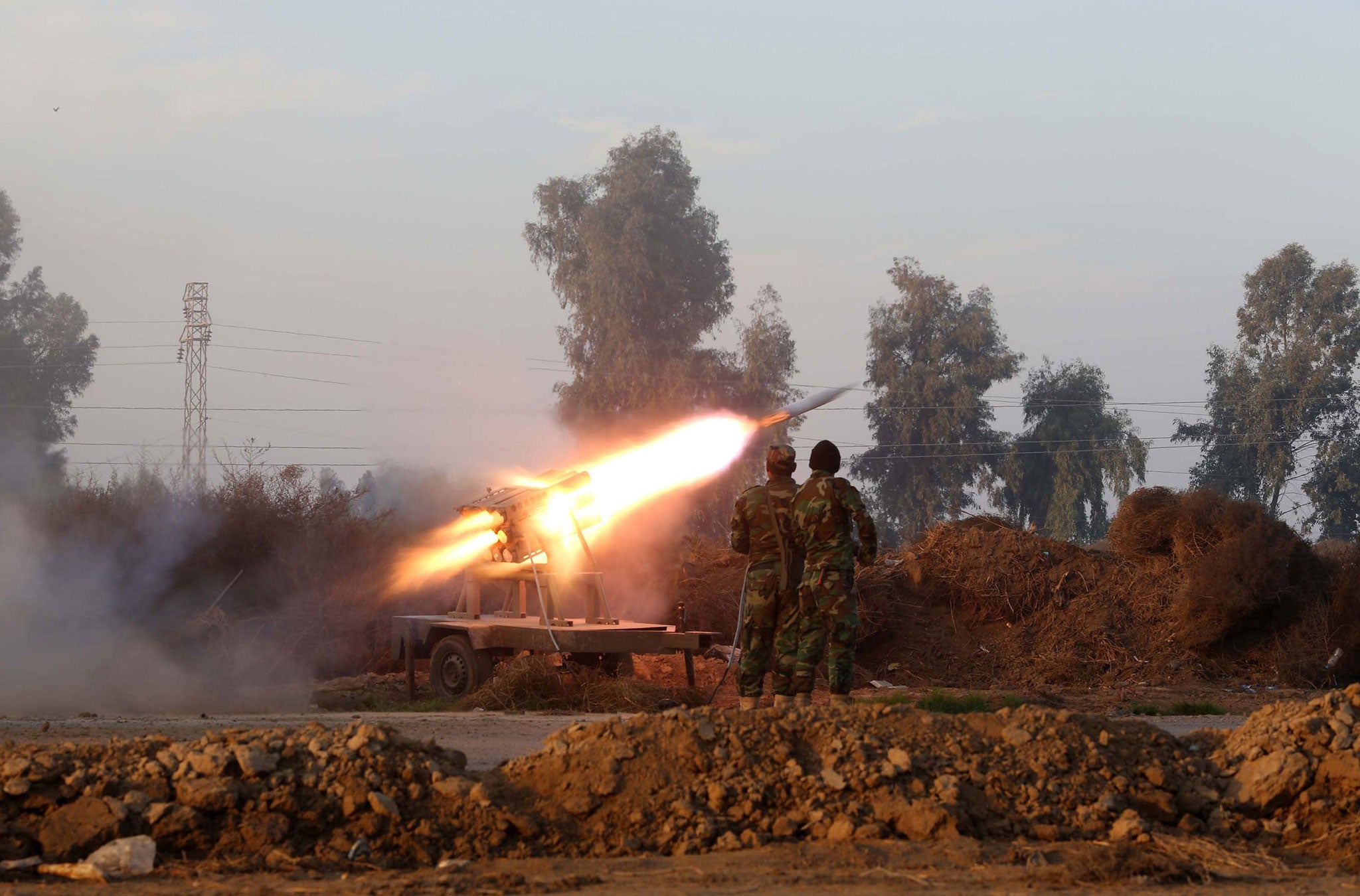
This is not to say that good books were not written on the invasion and occupation of Iraq. They were, and I reviewed many of them in the ensuing years. But I often thought it was a pity that so many of the best books appeared months or years after the news agenda had moved on.
The debate about what to do in Iraq was over by the time they were published and they were thus robbed of the influence they should have had over public opinion while it was still being shaped. In the years between 2003 and 2008, when I was in Baghdad, I wrote almost daily reports for The Independent, which generally came out the following day, as well as frequent essays for the London Review of Books, which appeared a couple of weeks later. But if I were to write a book, I found that in the age of the internet and instant communications, publishers moved at a pace that Caxton and Guttenberg would have found familiar, talking in terms of months or years before publication.
One result of my pieces about the threat from Isis was that I received an invitation from a cultural institution in New York called Alwan for the Arts, which arranged for me to give lectures in April at Columbia and the City University of New York about the resurgence of al-Qa'ida and Isis in the Middle East.
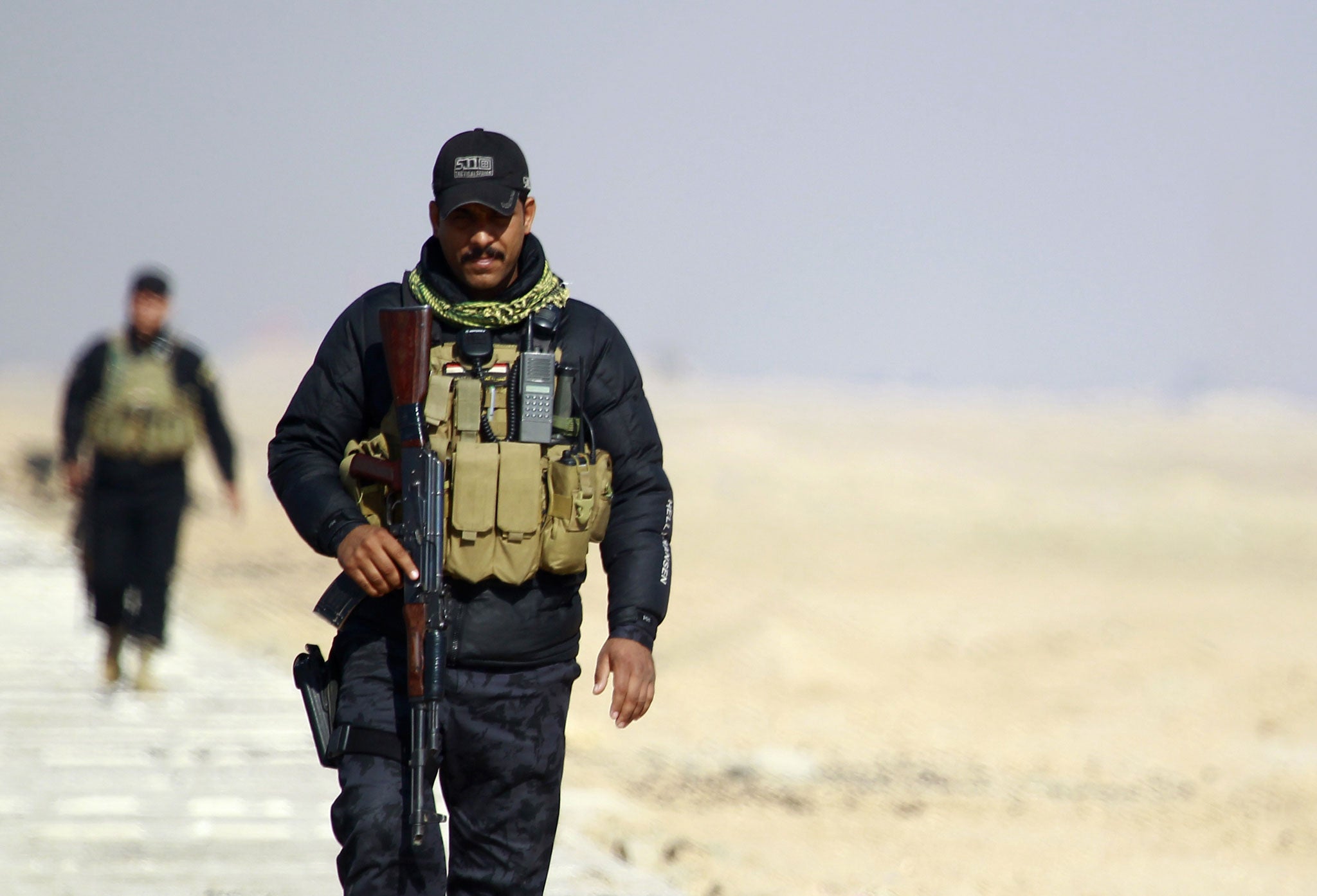
Among those attending was my former publisher Colin Robinson, who had commissioned two books from me when he was at Simon & Schuster, a large publishing company in New York. I had read with interest a piece he had written a year earlier on "Ten Ways to Save the Publishing Industry", which argues for fast publication, the book going direct from the publisher to the reader as a paperback or an ebook; it would appear in bookshops at a later stage.
I found these ideas very appealing. He wrote that, "for books dealing with current affairs or breaking cultural trends… the advantages of direct-to-reader digital publishing's faster turnarounds are enormous". He emphasised that editorial standards had to be kept very high to distinguish the book from the great mass of information clogging the internet.
Following my lecture at City University, Robinson said he would like the company he had founded, OR Books, to publish a book by me on the rise of Isis and, making his offer truly attractive, he could get it out six weeks after receiving the finished text. It was to be called The Jihadis Return: Isis and the New Sunni Uprising.
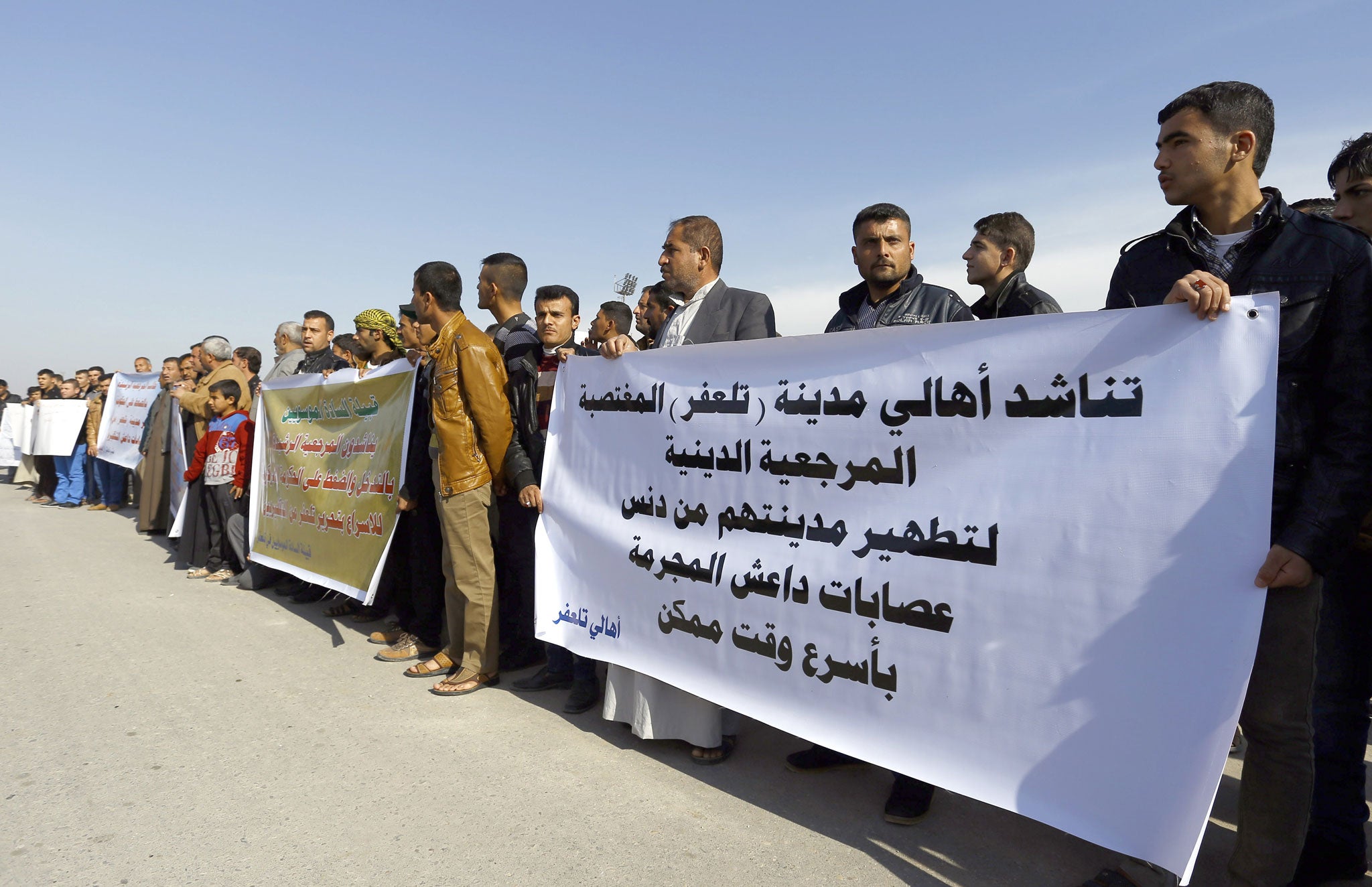
I wrote most of the book by early June 2014 and almost immediately had to rewrite it. I had planned to go back to Iraq after completing it in order to write about the foreign jihadi suicide bombers coming across the Turkish border into Syria and then on to Iraq, where they blew themselves up, causing massive civilian casualties. Well-informed Iraqis told me that five out of 15 Iraqi army divisions had been defeated with heavy casualties in Anbar province, a giant area covering western Iraq.
In the event, I was a little late getting to Baghdad because, on 10 June, Isis captured Mosul, Iraq's northern capital, and within days had swept south, almost to Baghdad. There was an edgy, somewhat hysterical mood in Baghdad because nobody knew whether Isis's next move would be an assault on the capital. I stayed for a night in my usual hotel but I was the only guest and felt overexposed. I moved to the house of a friend who said he did not expect Isis to attack the city – but I noticed he was spending time adjusting the sights on a Kalashnikov rifle.
I had a certain grim satisfaction in seeing my assessment of the strength of Isis and the weakness of the Iraqi state being proved all too true on the battlefield. But I was also only too conscious that the temporary victory of the jihadis, whom an Afghan journalist has called "holy fascists", was bringing death, terror and misery to Iraqis, a people for whom I had developed a deep liking since I first visited their country in 1977.
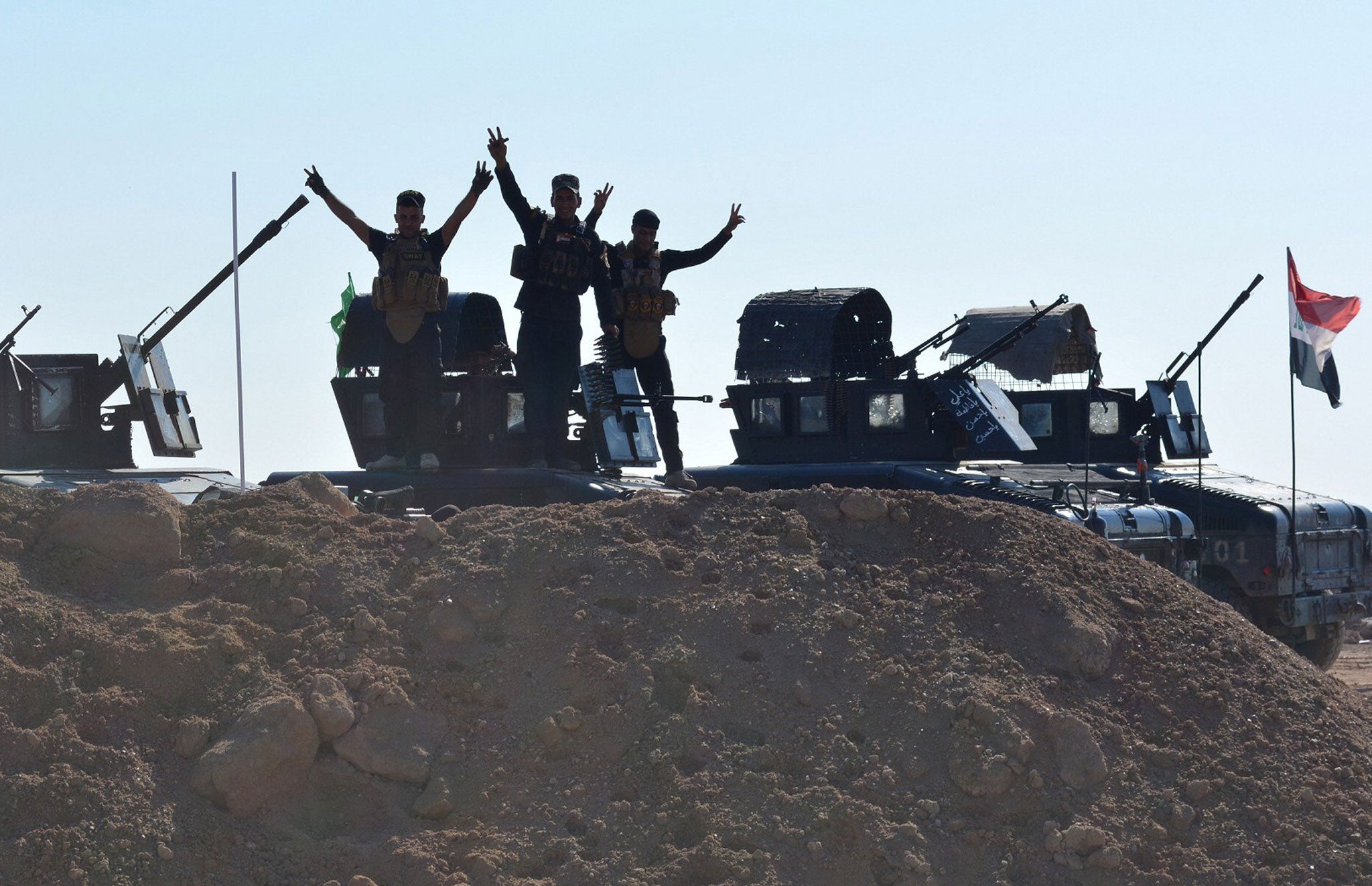
During my stay in Iraq, I updated and rewrote my book to include the latest developments, such as al-Baghdadi declaring a Caliphate and the victorious campaigns of Isis over a 100-day period. The book came out in August as a paperback and ebook, sold well and was soon translated into 11 languages. I had been worried that a book, however relevant to current events but sold only through the website of a single publisher, might languish unnoticed. But I found that, on the contrary, because it was so topical, I was besieged by interview requests. The book is now being re-released in Britain and the US under the title of The Rise of Islamic State: Isis and the New Sunni Revolution, published by Verso.
I would like to think it will help to fill a large gap in people's knowledge of what is happening in Iraq and Syria and the Middle East as a whole. It is not that newspaper, radio and television reporting of crises in the Middle East are necessarily wrong, but that the quality and quantity of the information conveyed is limited by the very urgency and brevity of daily reporting. This simply cannot explain something as complex as the reasons behind the rise of Islamic State. The only way this can be done is by means of well-informed and up-to-date books. Reading them is not just the best way of understanding what is happening; it is the only way of doing so. Schools, universities and even publishers don't make this point strongly enough.
Patrick Cockburn is the author of 'The Rise of Islamic State: Isis and the New Sunni Revolution', published this week by Verso, priced £9.99
Join our commenting forum
Join thought-provoking conversations, follow other Independent readers and see their replies
Comments